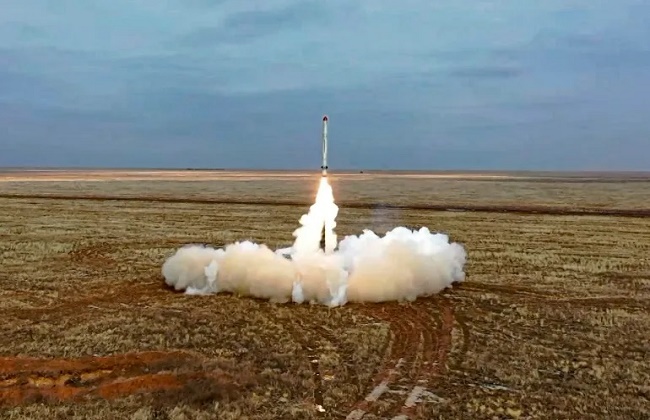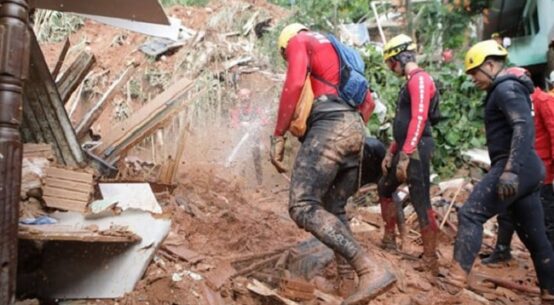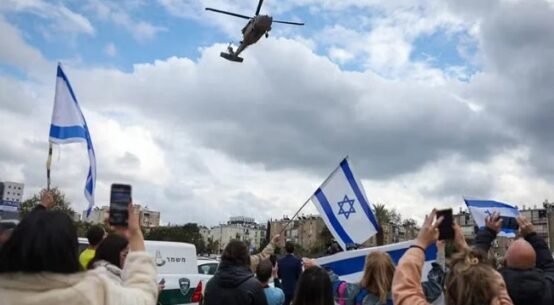
Russia is warning its Western adversaries that it feels obliged to boost its nuclear deterrent due to what it sees as their “escalatory” course, Deputy Foreign Minister Sergei Ryabkov was quoted as saying on Thursday.
Ryabkov was cited by state news agency RIA as saying that Russia was not however changing its own nuclear doctrine, which allows for the use of nuclear weapons in case of an existential threat to the state.
“At the moment, there are no changes in this regard. But the situation itself is changing, so how the basic documents in this area relate to the needs of ensuring our security is the subject of constant analysis,” Ryabkov said.
“We warn our opponents that their escalatory trajectory confronts us of course with the need to take steps that actually mean strengthening our measures of deterrence.”
He said exercises involving Russia’s tactical nuclear weapons, announced by Moscow earlier this week, were part of those efforts.
Russia is signaling its intent to bolster its nuclear deterrent in response to what it perceives as escalating actions from Western adversaries. Deputy Foreign Minister Sergei Ryabkov clarified that Russia is not altering its nuclear doctrine, which permits the use of nuclear weapons in response to an existential threat. However, he emphasized that the evolving situation necessitates a reassessment of Russia’s security needs. Ryabkov warned that the current trajectory of escalation from opponents requires Russia to enhance its deterrence measures, including recent exercises involving tactical nuclear weapons.
Russia has said it will hold drills that will include practice for the use of tactical nuclear weapons, days after top European leaders voiced stronger military support for Ukraine.
The Kremlin said on Monday the military exercises ordered by Russian President Vladimir Putin were in response to statements by Western and NATO-member countries about sending troops into Ukraine, which Russia invaded more than two years ago.
They will include practice for the preparation and deployment of nonstrategic nuclear weapons intended to “increase the readiness … to fulfill combat tasks” after “provocative statements and threats of certain Western officials”, the Ministry of Defence said.
Missile formations in the Southern Military District and naval forces will take part in the drills, which would take place “in the near future”, it added.


